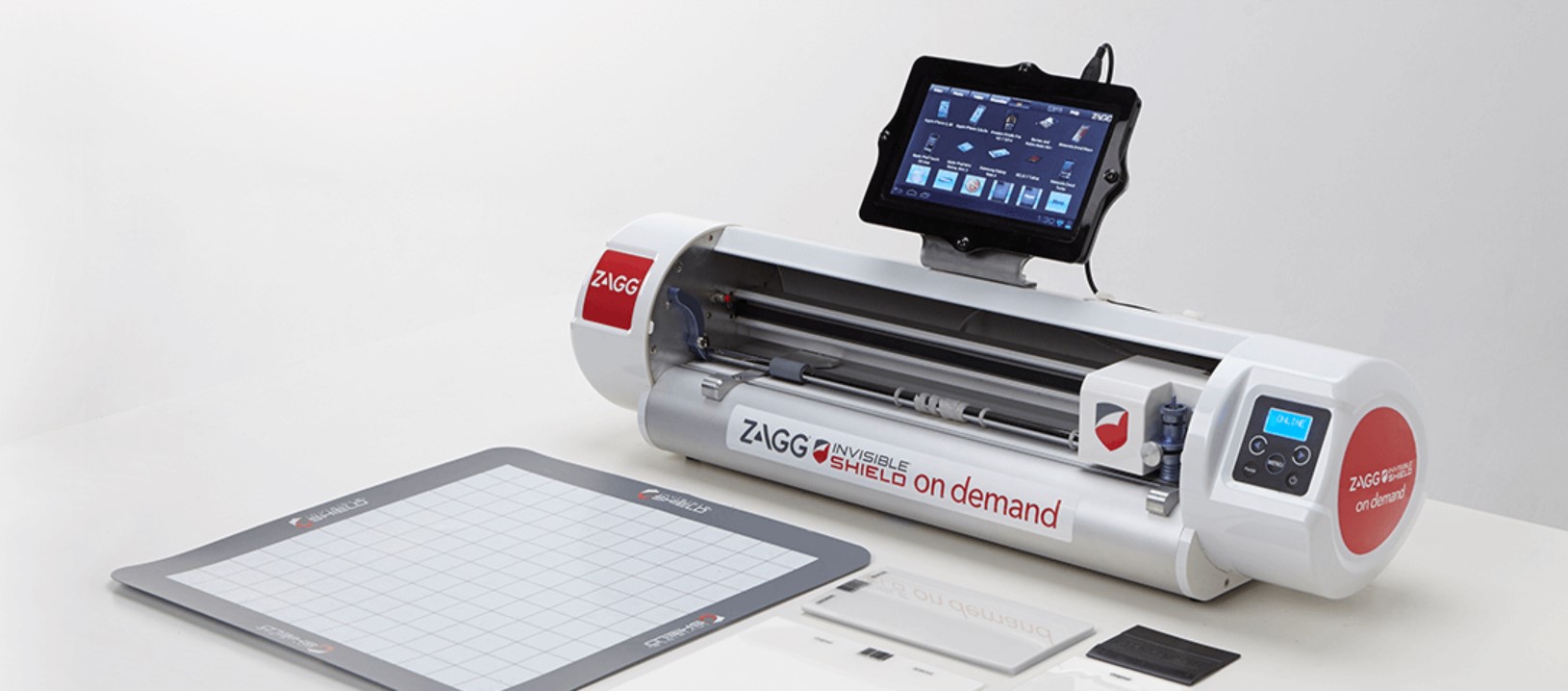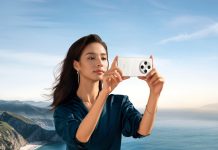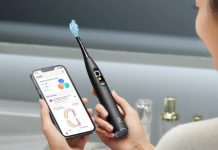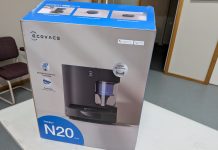ZAGG has updated and renewed its license to the Eyesafe portfolio of blue light filtration technology and intellectual property (IP).
Eyesafe says they’re the global leader in blue light management and colour performance for the consumer electronics industry with its technology also used recently by companies such as DELL, HP, TCL and Lenovo.
Eyesafe claims that many other technologies miss the mark by only blocking UV (ultraviolet) light or by blocking blue light, but distorting colour. They say there is only one technology in the field today that effectively and efficiently removes high-energy visible blue light while maintaining superior colour and display performance.
The updated ZAGG and Eyesafe agreement will expand Eyesafe solutions within the ZAGG portfolio and provide ZAGG retail exclusivity for screen accessory solutions such as its InvisibleShield screen protectors.
Excessive exposure to some kinds of blue light in the evening is said to disrupt your circadian rhythm aka body clock.
Psychologist Lora Wu from Massey University, contributed to a report on blue light released by Royal Society Te Apārangi in New Zealand
The report recommends:
There are ways to reduce some of the negative impacts of using light at night. Limiting screen time before bed may mitigate effects on the circadian rhythm from exposure to blue light at night from digital devices.
Selecting ‘warmer’ coloured white light sources that emit less blue light and reducing
brightness may lessen the potential negative effects associated with using blue light at night.
Overall, we can support our natural circadian rhythm by using daylight in the morning and
sleeping in a dark room at night.
People, particularly parents, should be more worried about UV light, according to ophthalmologist Shanel Sharma, a member of the Royal Australian and New Zealand College of Ophthalmologists’ Public Health Committee.
“Blue light is getting a lot of attention, but it’s not related to eye disease,” Dr Sharma said.
Dr Sharma is a practicing paediatric ophthalmologist in Sydney and regularly treats children with eye damage from UV light.
She said while parents often think about protecting their kids’ skin, eye protection is not prioritised highly enough.




